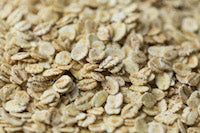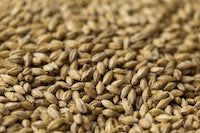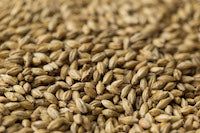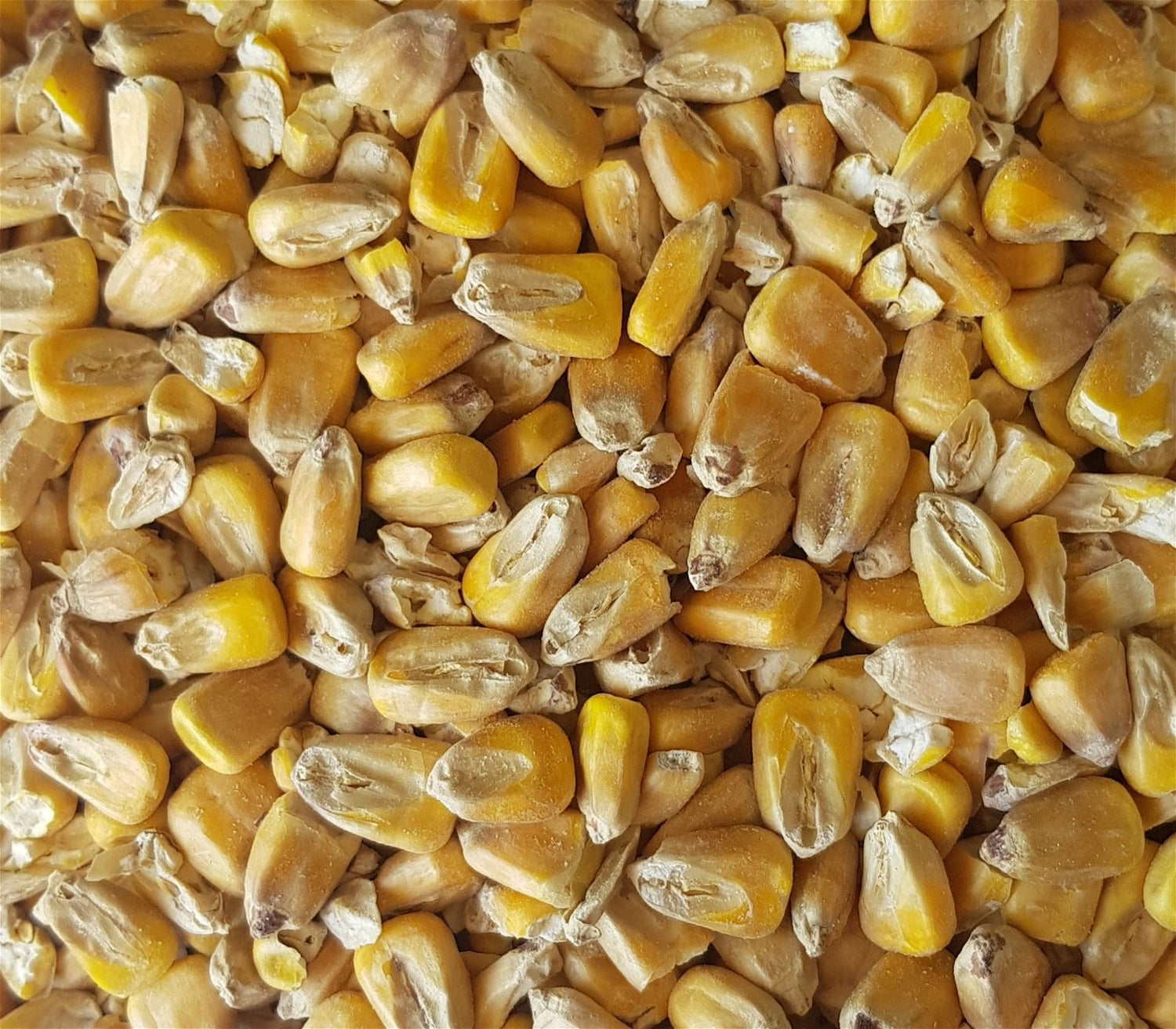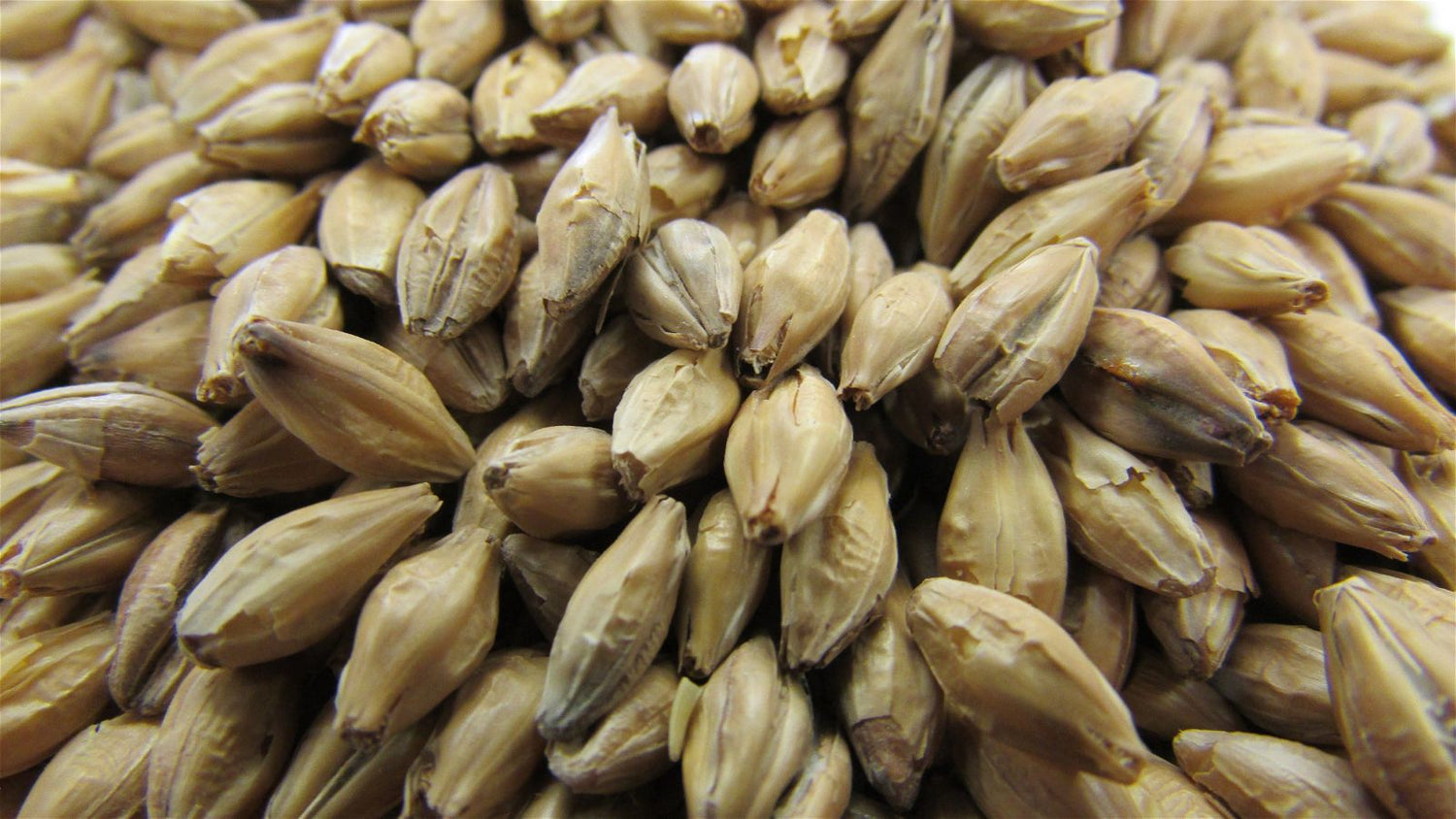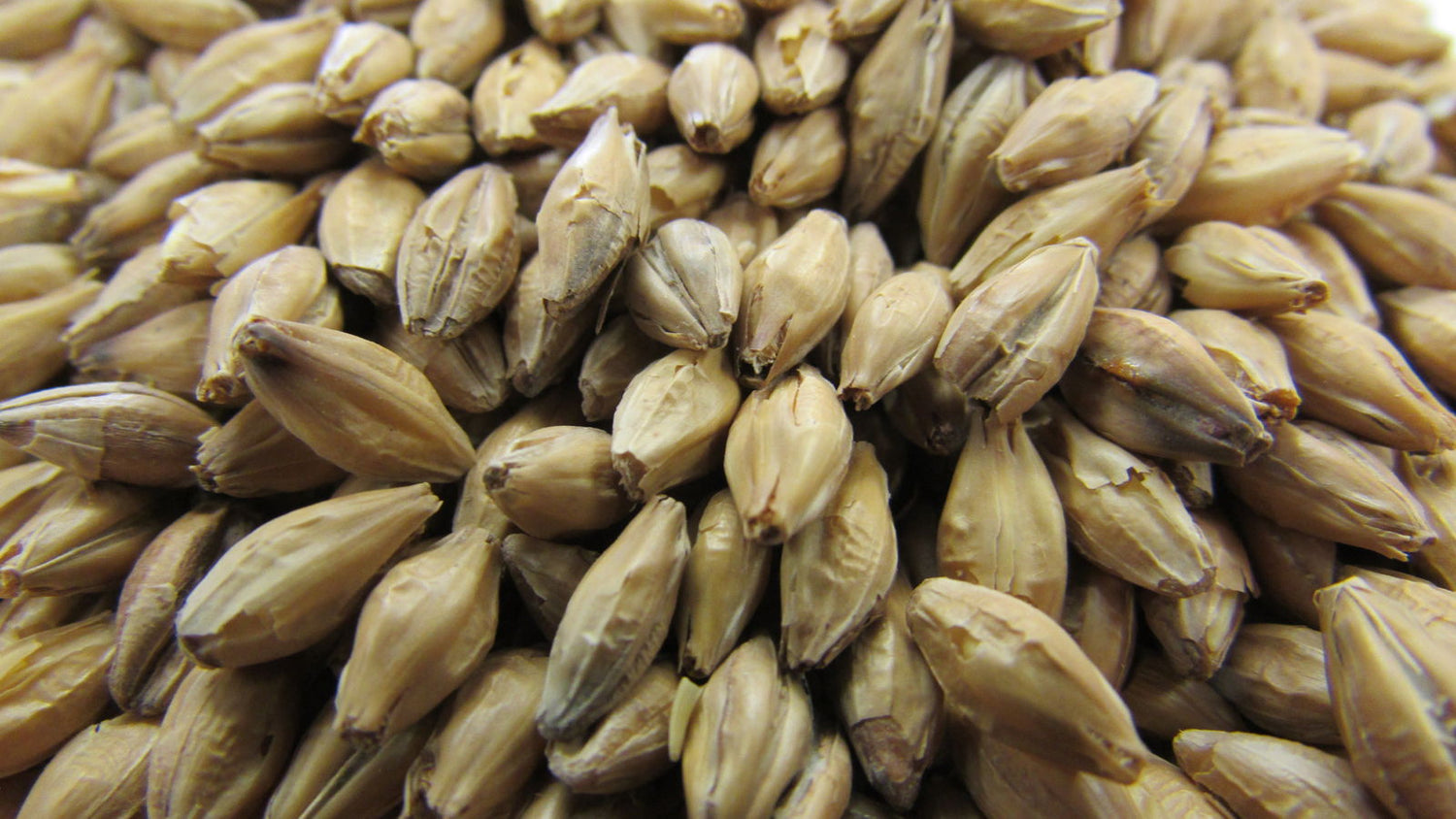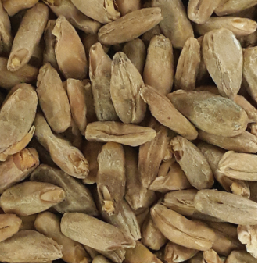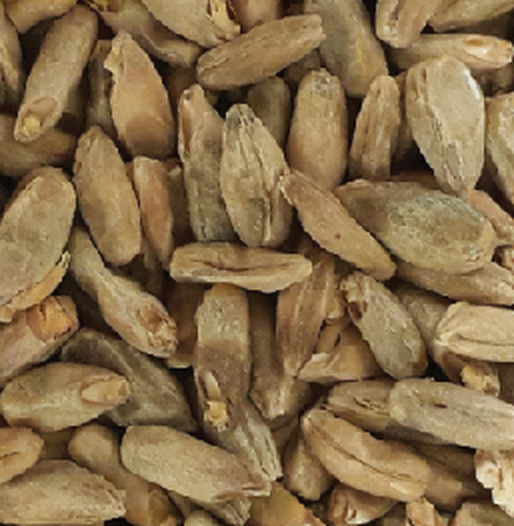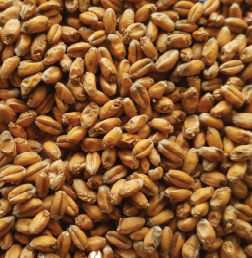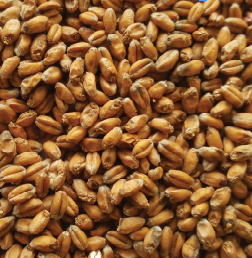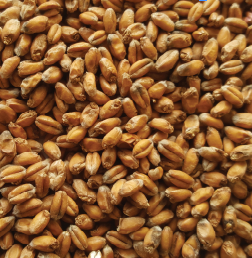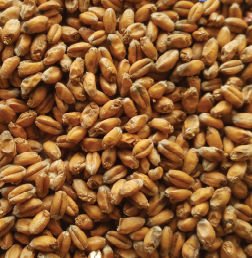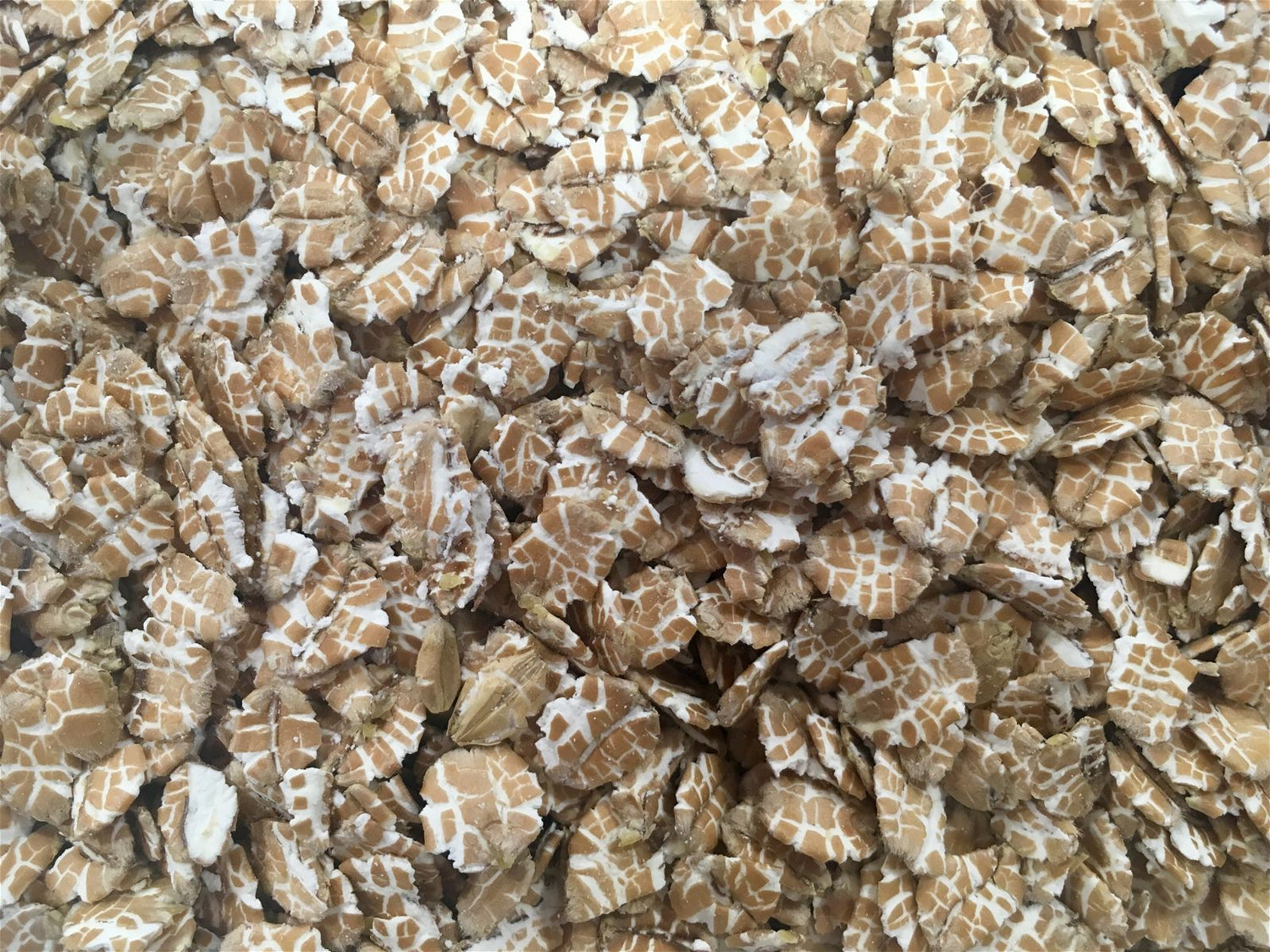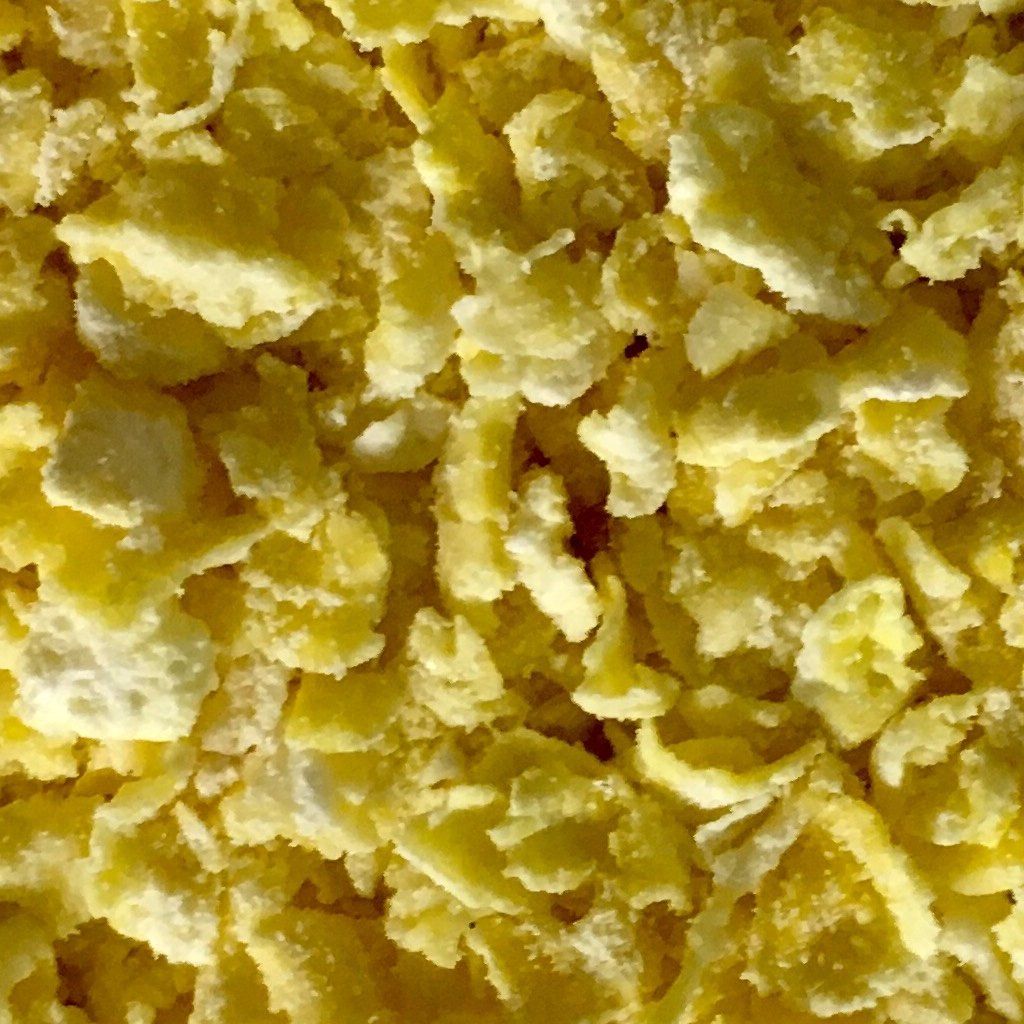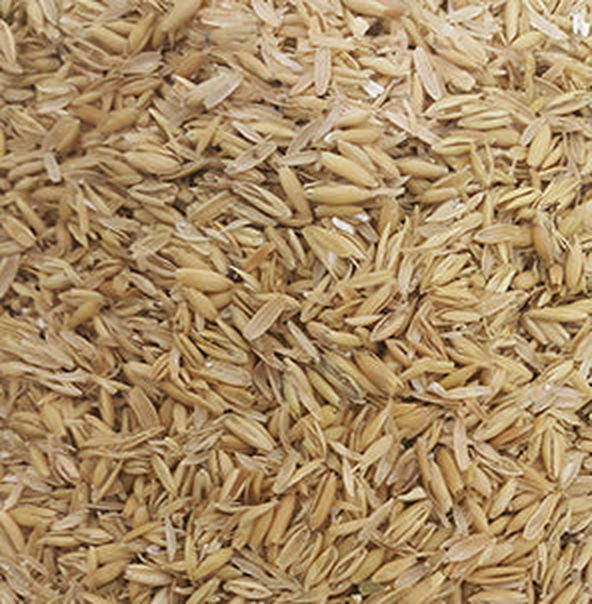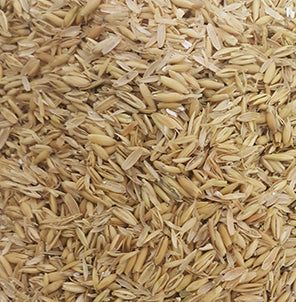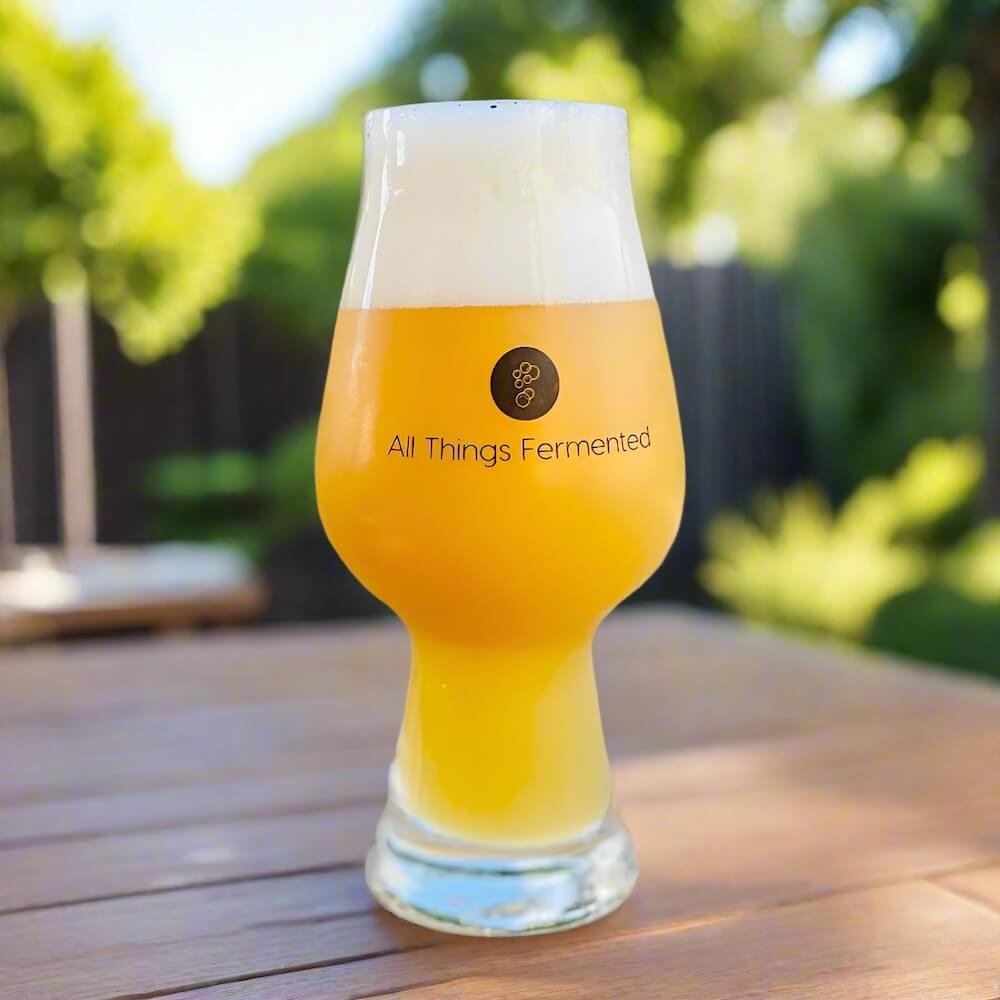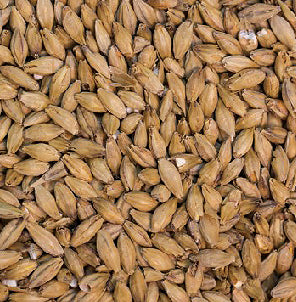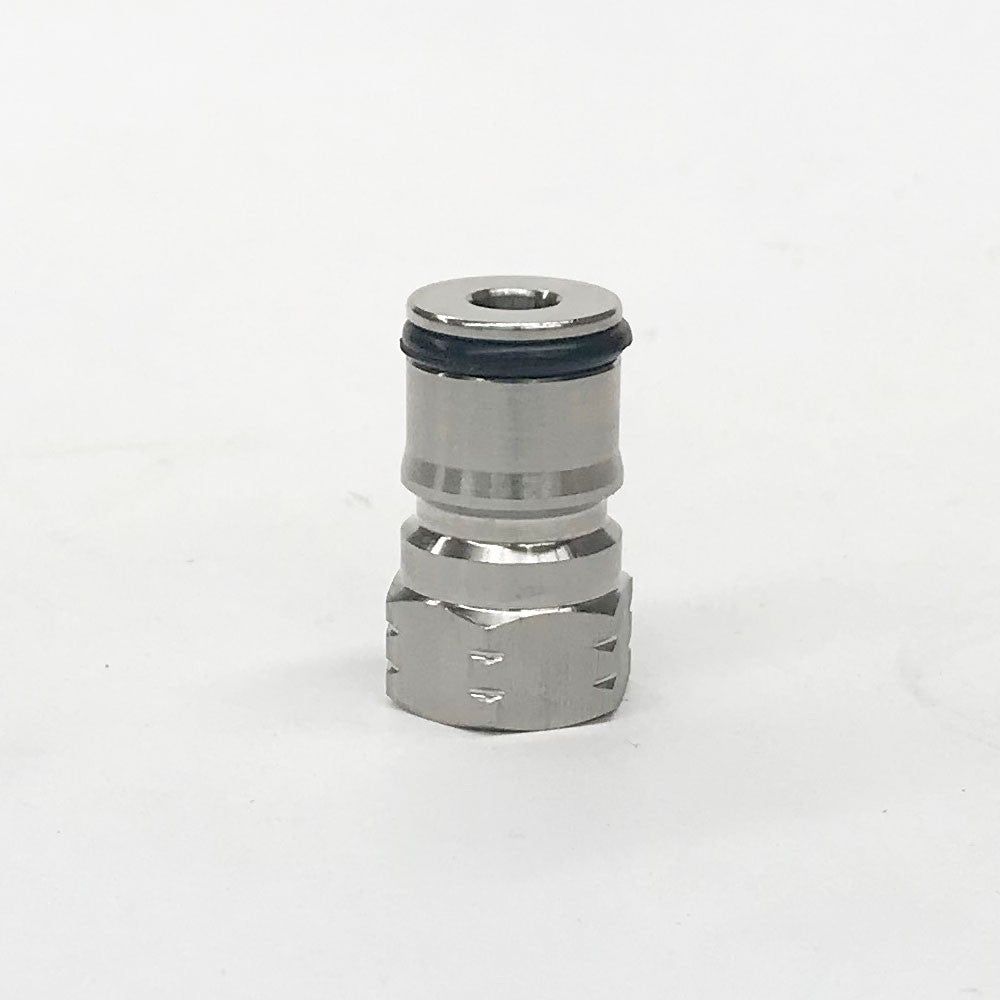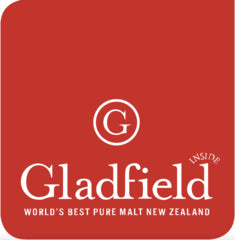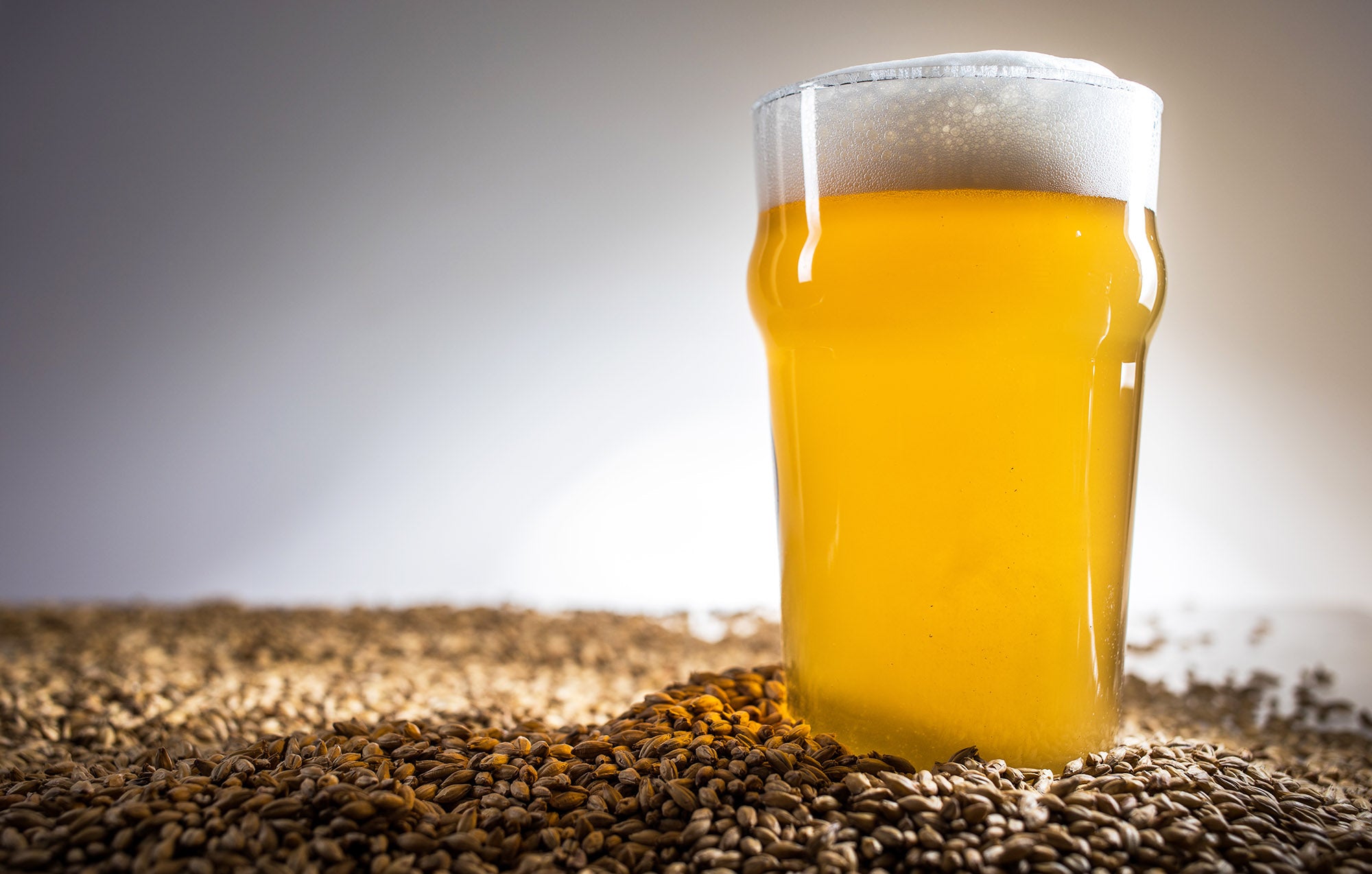Sort by:
Blue Lake Milling Rolled Barley Flakes are traditionally dehulled barley grains, that have been steamed and rolled flat under heavy rollers.
It imparts a rich, smooth, and grainy flavour and is commonly used in stouts, but can also perform well as an adjunct in German style pilsners, as it can produce lighter colour without lowering the gravity.
Rolled/Flaked Rice lightens the body and increases crispness of a beer. Commonly used in American and Japanese lagers.
Rice Flakes are derived from brown grains of rice, that have been rolled into flat flakes under heavy rollers. Prime Australian rice is a natural grain sourced from growers who have declared their crops to be free of genetically modified organisms.
Base/Distill Malt
Gladfield’s Distillers Malt is a premium malt produced exclusively from distilling barley varieties with the right nitrogen content. The barley has been gently kilned to preserve enzyme content and the resulting malt has both high extract and diastatic power.
Distillers Malt will add malty, sweet flavours to the finished whisky. Our Distillers Malt is primarily suited to single malt distilling and can be used in conjunction with Gladfield’s Peat Smoked or Manuka Smoked Malts if required. All our Distiller Malt varieties are made from non-glycosidic nitrile barley. Gladfield also make smoked malts – Peat Smoked Malt and Manuka Smoked Malt.
Use: Primarily suited for making single malt whiskies.
Rate: Up to 100%
Base/Distill Malt
Gladfield’s Distillers Malt is a premium malt produced exclusively from distilling barley varieties with the right nitrogen content. The barley has been gently kilned to preserve enzyme content and the resulting malt has both high extract and diastatic power.
Distillers Malt will add malty, sweet flavours to the finished whisky. Our Distillers Malt is primarily suited to single malt distilling and can be used in conjunction with Gladfield’s Peat Smoked or Manuka Smoked Malts if required. All our Distiller Malt varieties are made from non-glycosidic nitrile barley. Gladfield also make smoked malts – Peat Smoked Malt and Manuka Smoked Malt.
Use: Primarily suited for making single malt whiskies.
Rate: Up to 100%
Speciality Malt
Premium maize grown in the South Island of New Zealand that has a starchy taste.
Maize Malt adds mild, less malty flavour to beers and less body. It also provides a drier and crisper beer. Typical Beer Styles include American Light Lager, Mexican Lagers, Pilsners. It is also suited for Bourbon Whisky making. Typical usage rates are up to 25% in beer and 51% in distilling. You could crush Maize Malt along with other malts depending on the size of your mills rollers. Small rollers such as those on mills for home brewers may not be capable of milling this malt. We recommend adding Rice or Oat Hulls to recipes using more than 10% of Maize Malt to avoid a stuck mash.
Use: Maize Malt adds mild less malty flavour to beers. Provides a drier and crisper beer.
Rate: Up to 100%
Maize Malt is supplied pre-crushed.
Base/Distill Malt
To create Gladfield’s Peat Smoked Malt, our wonderful Distillers Malt is smoked in our in-house smoker using 100% New Zealand peat. The resulting malt is infused with a traditional mild, soft earthy flavour with phenols 40+ppm. We can customise the phenols levels upon request. This malt is primarily suited for making single malt whisky but is also great when used to flavour Scotch ales or darker maltier beers.
Use: Primarily suited for the making of single malt whisky. Adds a unique mild peaty taste to whiskies.
Rate: When used to flavour Scotch ales or darker malty beers use between 5% to 25%.
Click here to view the malts typical malt analysis.
Sub-Base Malt
Our Rye Malt is produced from locally grown rye corn. Rye does not have an outer husk so it benefits from a finer mill setting than our malted barleys. The rye is malted with the same care as our other malts and modifies beautifully in the kiln.
Use: Gives colour, spicy flavours and a clean, dry mouth feel.
Rate: Recommend starting with 10%, can then be increased up to 50% for more rye flavour.
Click here to view the malts typical malt analysis.
Sub-Base Malt
Gladfield Wheat Malt is produced from an old English wheat variety that modifies very well, resulting in a higher yield. This malt gives clean light coloured wort.
Wheat Malt can be used in many beer styles to add head retention, body and a wheat malty flavour to the finished beer. All the wheat grain that we use on our Wheat Malt is single sourced from the Birkett Family from Leeston, Canterbury.
Use: For making wheat beers and to add body and head retention.
Rate: Up to 70%
Click here to view the malts typical malt analysis.
Sub-Base Malt
Gladfield Wheat Malt is produced from an old English wheat variety that modifies very well, resulting in a higher yield. This malt gives clean light coloured wort.
Wheat Malt can be used in many beer styles to add head retention, body and a wheat malty flavour to the finished beer. All the wheat grain that we use on our Wheat Malt is single sourced from the Birkett Family from Leeston, Canterbury.
Use: For making wheat beers and to add body and head retention.
Rate: Up to 70%
Click here to view the malts typical malt analysis.
Harraways Flaked Barley is produced much like their rolled oats. Raw barley is steamed and then pressed through a pair of rollers. Flaked barley can also be added directly to the mash with base and speciality malts.
It imparts a rich, smooth, and grainy flavour and is commonly used in stouts, but can also perform well as an adjunct in German style pilsners, as it can produce lighter colour without lowering the gravity.
Flaked Maize consists of maize grits that have been torrefied at high temperatures, resulting in gelatinisation of the starchy endosperm, and then flaked. It is ready to add to the mash tun, requiring no cereal cooking, but without any enzymes of its own it must be mashed with malted grains for starch conversion to take place.
Flaked Maize lightens wort and can add a unique corn flake-like sweetness beers.It lowers protein and tannin levels in the wort and will therefore thin the body of the beer as well as reduce the potential for haze.
Oat Hulls are the outer shell layer of the oat, inedible and normally removed from the oat.
When used for brewing the hulls improve the filter bed of the mash to decrease the likelihood of a stuck mash. Oat hulls are non-fermentable, and provide bulk helping prevent the mash from settling and becoming stuck during the sparge. Hulls are generally used when making wheat or rye beers.
